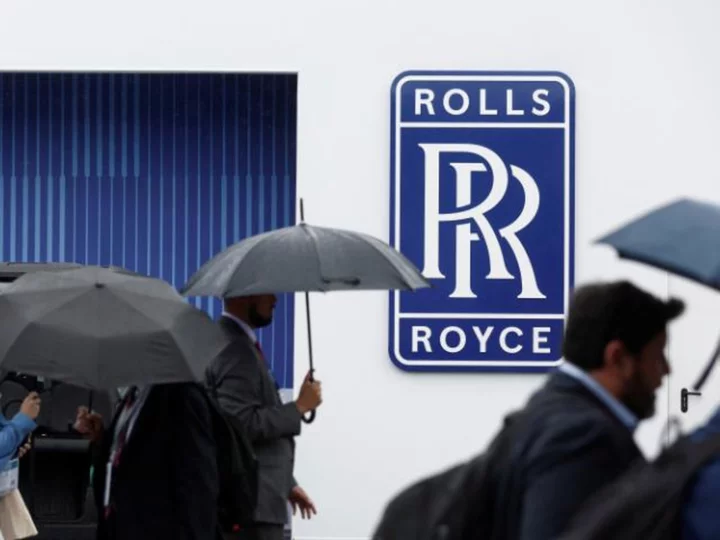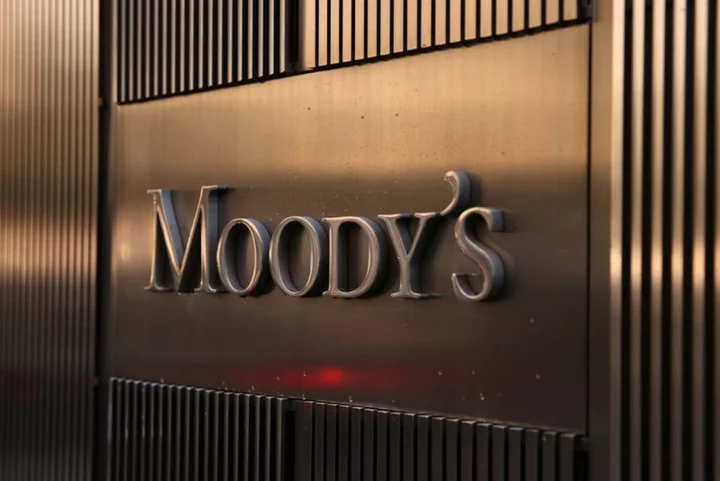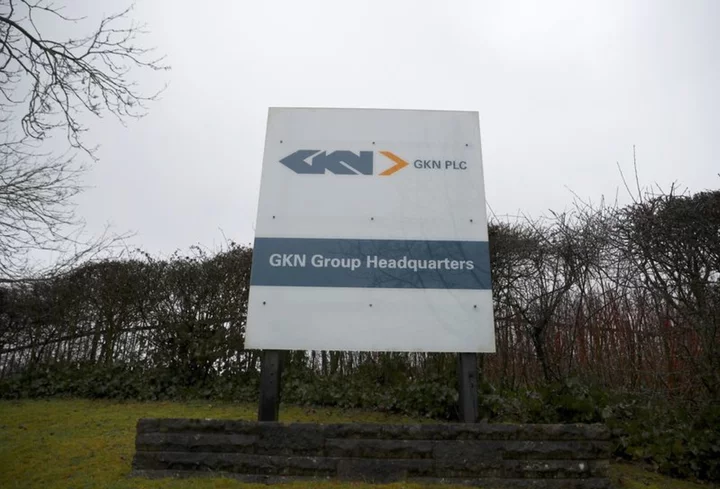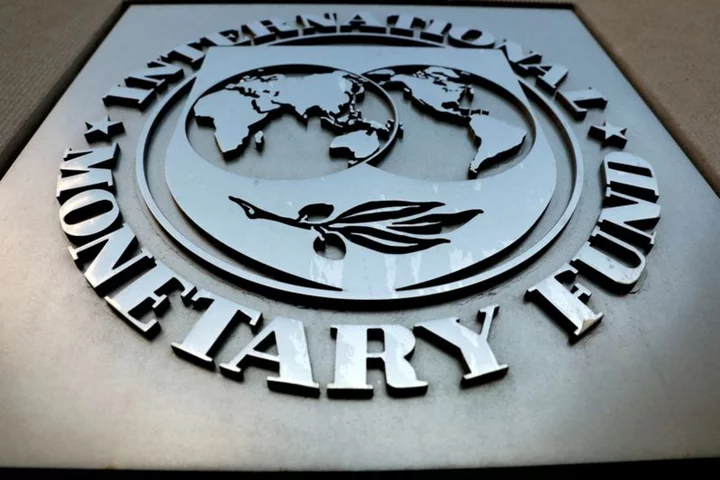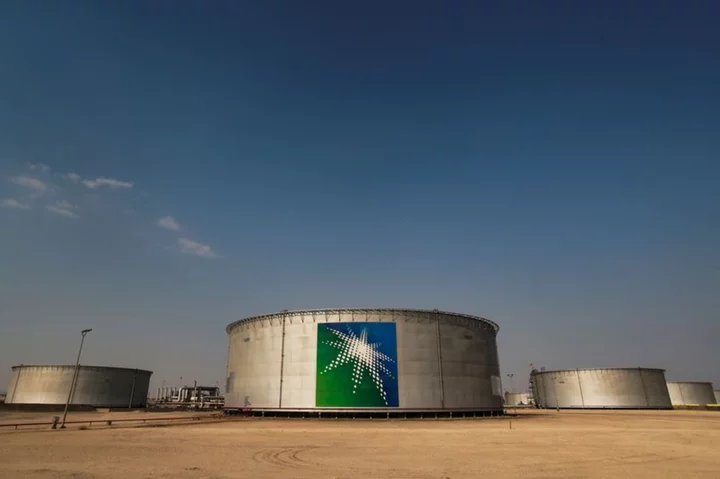Aircraft engine maker Rolls-Royce will slash up to 2,500 jobs worldwide in a bid to streamline its operations and tackle years of underperformance.
Britain's flagship engineering firm, which makes engines for Boeing (BA) and Airbus planes, said Tuesday that the cuts were part of a broader strategic overhaul to "remove duplication and deliver cost efficiencies."
The restructure will lead to between 2,000 and 2,500 job losses from a global workforce of 42,000, a cut of around 6%. (Rolls-Royce is a separate company from Rolls-Royce Motor Cars, a wholly owned subsidiary of BMW. The two businesses bearing the Rolls-Royce name were part of the same firm until the 1970s.)
"We are building a Rolls-Royce that is fit for the future. That means a more streamlined and efficient organization that will deliver for our customers, partners and shareholders," CEO Tufan Erginbilgic said in a statement.
The revamp is the latest turnaround attempt by the company, which set out to cut at least 9,000 jobs during the Covid-19 pandemic when demand for air travel collapsed. And earlier, in 2018, the company planned to cut 4,600 positions to save costs.
Erginbilgic — who became chief executive in January after more than 20 years at oil giant BP — has been blunt in his assessment of the aerospace and defense firm's performance. In an address to Rolls-Royce staff not long after taking the helm, he described the business as a "burning platform" that was falling behind key competitors and destroying value for shareholders.
"Rolls-Royce has been underperforming for an extended period," he noted at the company's annual shareholder meeting in May.
"Cash generation has been unsatisfactory, and our debt is still too high. Too much of our gross profit is simply covering our overheads and interest payments."
Erginbilgic used the address to announce a "transformation program" that would create an "efficient business with a competitive cost base," without detailing the impact on employees.
Under the plan unveiled Tuesday, staff working on product safety and engineering standards will be combined into a single team, and back-office functions, such as finance, legal and human resources, will also be brought together. The overhaul will see chief technology officer Grazia Vittadini leave the business in April 2024.
"This is another step on our multi-year transformation journey to build a high-performing, competitive, resilient and growing Rolls-Royce," Erginbilgic said.
Investors cheered the changes, lifting the stock more than 2% in morning trade, though it later pared those gains. The stock has climbed more than 200% over the past year, making it the best performer in London's FTSE 100, according to Victoria Scholar, head of investment at online investment platform Interactive Investor.
"Things couldn't be going much better for Erginbilgic," she said in a note Tuesday, pointing to the "sharp jump" in profit in the first half. "Its transformation plan is faring well, with improving operations, the post-pandemic rebound in international flying and increased defense spending."

